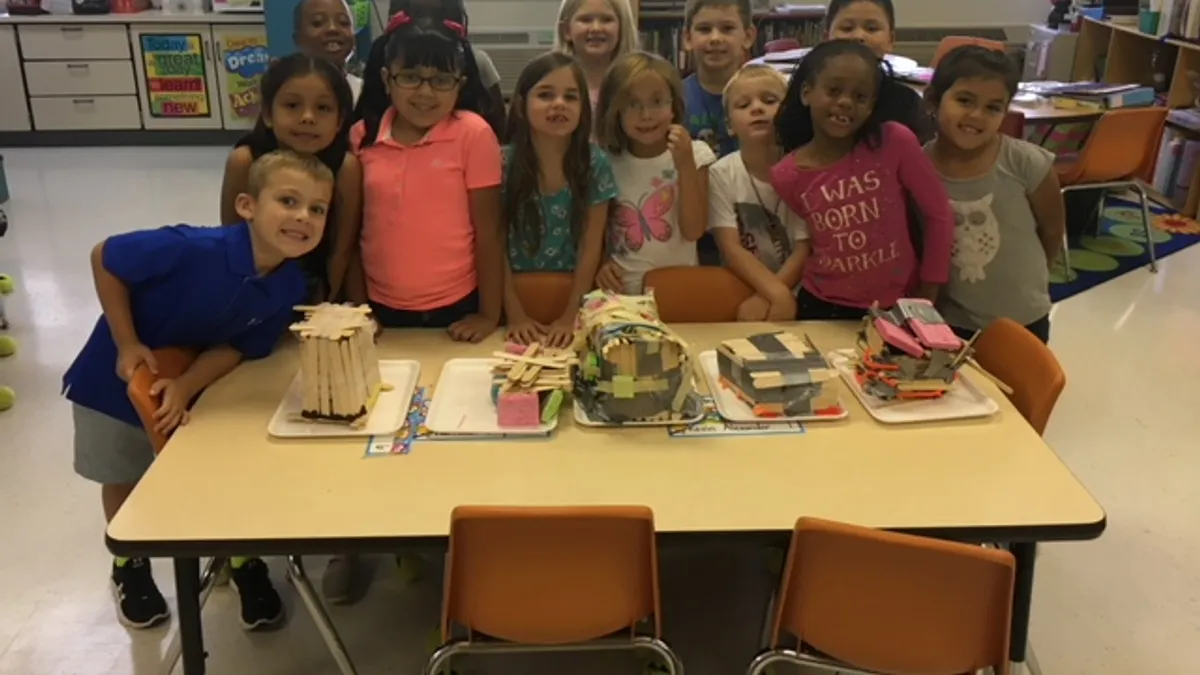Dive Brief:
- Administrators will need a strong and flexible mental health safety plan in place to provide social-emotional support to students as schools reopen, Effective School Solutions CEO Duncan Young and Linda Rosenberg, former president of the National Council for Behavioral Health, write for The 74.
- The lack of routine in students’ lives caused by distance learning will continue to cause a range of mental health issues for students. Returning after such a long break will likely trigger anxiety in some, worsen pre-existing mental health disorders like ADHD, and may lead to school avoidance and refusal in others.
- The duo suggest school leaders must create a continuum of care strategy providing tiered levels of mental health support such as the Response to Intervention (RTI) and Multi-Tiered Systems of Support (MTSS). These approaches are used to address behavioral and learning needs but should be tweaked for mental health support.
Dive Insight:
Extended school closures have exacerbated mental health problems in students due to a host of reasons, including social isolation, changing economic security, academic struggles, loss of loved ones and the fear of coronavirus, the authors write. However, planning for social-emotional support will be tricky, as most districts are still uncertain about what the upcoming school year will entail.
Whether students start school in person or online, they will need extra social-emotional support after facing an extended school break and returning with more social-emotional concerns than usual. Schools will become students' main connection to services and resources.
Many superintendents and principals consider SEL and rekindling connections more important than academics when students return. Ithaca City School District Superintendent Luvelle Brown, for example, plans to spend the first month reconnecting students rather than testing them for academic losses. That could also mean reorganizing the school day in a way that prioritizes support for teachers and students as they rebuild relationships.
President Donald Trump and U.S. Secretary of Education Betsy DeVos have both pushed for schools to reopen for in-person learning, citing the need for students to have access to school-based social-emotional support. DeVos said discussions about school reopening should include the importance of mental health and social-emotional wellbeing, in addition to physical safety.
Dr. Anthony Fauci, director of the National Institute of Allergy and Infectious Diseases and member of the White House Coronavirus Response Task Force, also said schools should prioritize safely reopening since keeping students out of the classroom could lead to unintended negative consequences.
For parents, the most concerning aspect of school closures is the loss of social interactions, according to results from a recent Learning Heroes survey. Fifty-nine percent of the 3,600 parents and guardians who responded said lack of in-person interactions troubled them the most. A slightly lower percentage were troubled about closures' negative impact on their children's academic progress, at 54%, and 36% of respondents expected their child to need additional academic support in the fall.







 Dive Awards
Dive Awards





